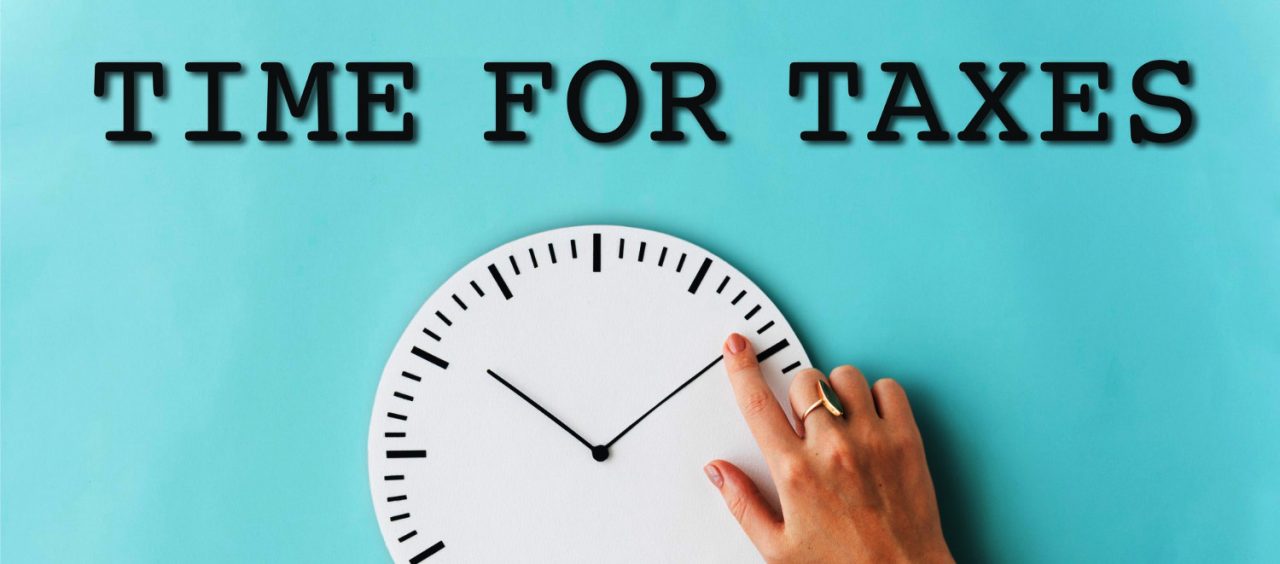The Internal Revenue Service today issued its annual Data Book detailing the agency’s activities during fiscal year 2024 (Oct. 1, 2023 – Sept. 30, 2024). This year’s edition marks the publication’s 30-year anniversary; the first Data Book covered fiscal years 1993 and 1994 and was available in 1995. Prior to 1993, the IRS published annual reports, which date back to 1863. The Data Book provides a fiscal year statistical overview of the agency’s operations including returns received, revenue collected, taxpayer services provided, tax returns examined (audits), efforts to collect unpaid taxes and other details about the work of the IRS.
IRS provided improved service to taxpayers
The IRS provided improved levels of service during the past two filing seasons. During FY 2024, the IRS assisted taxpayers on 62.2 million occasions, up 3.2% compared to the prior fiscal year; the agency also improved its level of service and reduced call wait times.
The IRS saw improvement in each of the major categories of taxpayer assistance – live telephone assistance, automated telephone assistance and assistance provided at Taxpayer Assistance Centers. The IRS’s toll-free customer service lines provided live telephone assistance to almost 20 million callers during FY 2024, up almost 11% compared to the previous year. At its Taxpayer Assistance Centers, the agency helped more than 2 million taxpayers in person, an increase of almost 26% compared to fiscal year 2023.
Online self-service from the IRS
During FY 2024, the IRS, through its Digital First initiative, launched more digital tools than it had during the prior 20 years, including initiatives for tax professionals and C corporations.
The agency’s online offerings saw considerable use during FY 2024, including more than 2 billion electronic taxpayer assistance transactions – up 47% compared to the prior fiscal year’s total of 1.4 billion. The most popular features were requests for transcripts and Where’s My Refund?
Taxpayers made more than 382.8 million inquiries on the popular Where’s My Refund? tool, up 26% compared to the prior year; the tool enables taxpayers to check the status of their tax refunds. Overall, IRS.gov registered almost 690 million individual visits with 1.7 billion page views.
Gross collections exceeded $5 trillion
For the first time, revenue collected exceeded $5 trillion dollars, totaling $5.1 trillion, an increase of almost 9% compared to the prior fiscal year total of $4.7 trillion. Revenue collected by the IRS accounts for about 96% of all government funding.
Data highlights|
The IRS processed more than 266 million returns and other forms from individuals, businesses and tax-exempt organizations; received almost 4.6 billion information returns; and issued close to $553 billion in refunds to individual and business taxpayers during FY 2024.
Examination|
In FY 2024, the IRS closed 505,514 tax return audits, resulting in $29 billion in recommended additional tax
Collection
The IRS’s collection function collects federal taxes that have been reported or assessed but not paid and secures tax returns that have not been filed. During FY 2024, the net collections from this function totaled almost $77.6 billion, an increase of 13.6% compared to the prior fiscal year. During the past fiscal year, more taxpayers settled their tax debts through installment agreements – the agency’s payment plan program that allows individuals and small businesses to pay their debt over time. In FY 2024, the agency collected more than $16 billion through installment agreements, an increase of more than 12% compared to the prior fiscal year.
To learn more, view the complete 2024 Data Book online PDF.
Source: IRS-2025-63, May 29, 2025










